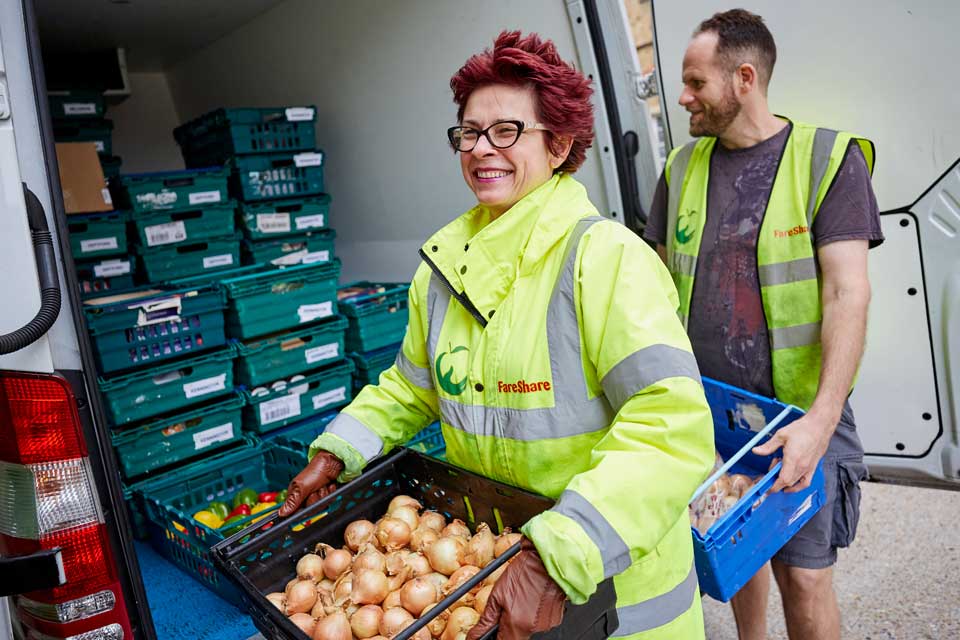A study has found that nine in ten Brits now believe the average supermarket will be significantly different in just nine years’ time, with many of the changes that people predict being once the stuff of sci-fi films.
The ThoughtWorks research showed that just over a quarter of adults (26%) believed the supermarket checkout will have disappeared by 2030, while around a fifth of respondents (18%) believed shelves would be stacked by robots. A further 13% of people believed there would be no human staff in stores at all by 2030, rising to 21% of students about to enter the world of work.
The research was conducted by MaruBlue among a nationally representative sample of 2,007 adults. The research was conducted online.
Many also saw a big future for AI – with a fifth (19%) of people believing their food and drink for the home would be automatically re-ordered by our fridges, cookers and cupboards by 2030.
These findings are from a new ‘2030 Britain’ study commissioned by ThoughtWorks. Following a home isolation era that has largely re-defined the consumer’s relationship with food, retail, work and home-life – the new study on food retail suggests the evolving use of technology in powering people’s lives has resulted in many seeing it as having a far more widespread role in shaping people’s everyday routines in tomorrow’s Britain.
In terms of physical presence, while a quarter of those surveyed (25%) believed that the size of the average supermarket would likely grow – selling a range of additional items beyond just food – one in five (19%) believed the opposite: that supermarkets would only exist online, or that food would come direct from the food producer and, in doing so, would bypass the retailer.
Asking about what supermarkets would sell, a third (32%) of people believed local food producers would take up more shelf space than they currently do, reflecting the current trend to support local suppliers and farmers. One in six people (17%) went further, suggesting that supermarkets would become centres for local artisan food producers and farmers to sell their produce, while one in seven (15%) believed the supermarkets would start to operate new local farms.
As a result of almost 12 months of lockdown restricitons, the ThoughtWorks study saw a rise in expectations prompted by a year of acclerated digital skills. Technology has become the enabler for many many challenges presented, with earlier research from ThoughtWorks finding that over a third of people in the UK (24%) believed local producers will deliver straight to their door by 2030.
Kevin Flynn, director of retail strategy at ThoughtWorks, said: “Crystal ball gazing tends to say more about our current times than it does about the future. Supermarkets have enjoyed a boom in activity during the lockdown, and consequently many can see them continuing to grow and expand over the next decade. However, as many people have been forced to look further afield for different products, they have new and better ways to meet their demands, and support causes that matter to them. This is a watershed moment for the retail industry which will have long lasting effects.”







